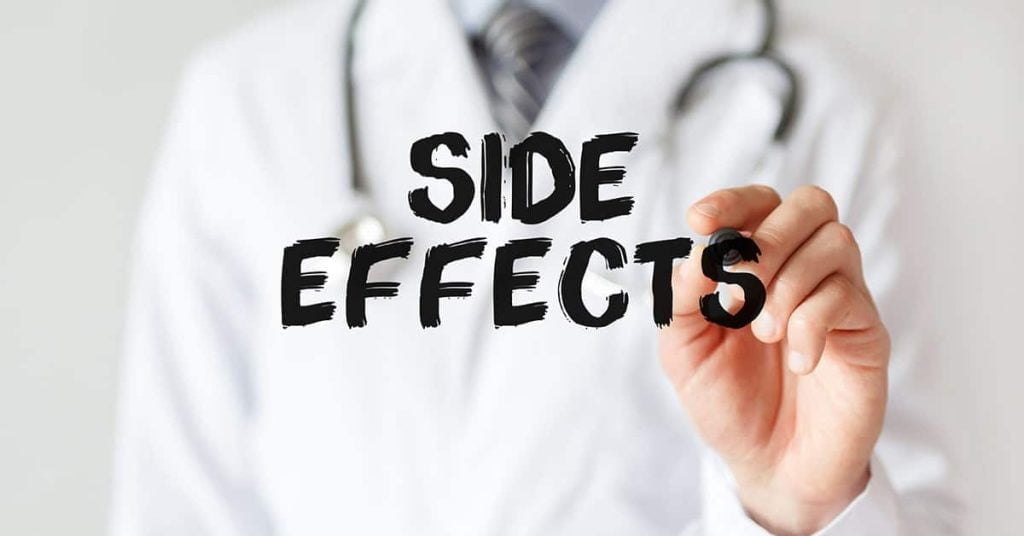Bystolic Side Effects
Bystolic, also known as nebivolol in its generic form, is a medication prescribed for treating high blood pressure and hypertension. Belonging to the class of drugs known as beta-blockers, Bystolic works by obstructing specific neurotransmitters like epinephrine and norepinephrine that contribute to elevated blood pressure.
While Bystolic is often effective for managing hypertension, it may come with its own set of side effects. This article dives into some of the common side effects associated with Bystolic.
Common Side Effects of Bystolic
Fatigue and Dizziness
A frequently reported side effect of Bystolic is fatigue, often coupled with dizziness. This can result from the medication’s impact on the cardiovascular system, which may lower heart rate and blood pressure, leading to lightheadedness and tiredness.
Nausea and Stomach Upset
Bystolic can also cause stomach issues like nausea, indigestion, bloating, or vomiting. For those who regularly take Bystolic, these symptoms can be particularly disruptive.
Headache
Another common side effect is headache. This tends to occur because Bystolic can affect blood flow and pressure, potentially constricting blood vessels in the brain, which may cause headaches that can range from mild to severe, often accompanied by dizziness or nausea.
Insomnia and Sleep Disturbances
The sympathetic nervous system, which mediates “alertness,” sometimes becomes overactive during sleep, leading to sleep disturbances. Bystolic often triggers this overactivity.
Sexual Dysfunction
Some patients on Bystolic may experience sexual side effects, such as reduced libido, erectile dysfunction, or difficulty in achieving orgasm. This is believed to be due to Bystolic’s interaction with the autonomic nervous system, which impacts sexual function.
Depression and Anxiety
In some cases, Bystolic can lead to mood-related side effects like depression or anxiety, due to its influence on neurotransmitter levels that regulate mood and emotions.
More Serious Bystolic Side Effects
Rarely, Bystolic is associated with more severe side effects, including:
- Bradycardia (slow heartbeat)
- Heart block (impaired electrical signals in the heart)
- Congestive heart failure (CHF)
- Acute renal (kidney) failure
- Bronchospasm (airway constriction)
- Lupus erythematosus
- Raynaud’s phenomenon (decreased blood flow to fingers)
Note: Consult your doctor if you experience any side effects from Bystolic, and seek immediate medical help for severe adverse reactions.
Who Should Avoid Bystolic?
Bystolic is not advisable for individuals with the following conditions:
- Major heart conditions like heart failure
- Second or third-degree “AV block”
- Sick sinus syndrome
- Very slow heartbeats
- Severe liver disease
- Inability of the heart to pump blood effectively
Additionally, inform your doctor if you have any of the following:
- Asthma
- Bronchitis
- Emphysema
- A history of heart attack
- Circulatory problems (especially in feet and legs)
- Diabetes (Bystolic can obscure signs of low blood sugar)
- A thyroid disorder
- Liver or kidney disease
- Allergies
- Pheochromocytoma (adrenal gland tumor)
Conclusion
In conclusion, while Bystolic can be an effective solution for controlling high blood pressure, its side effects should not be overlooked. Patients experiencing any of these symptoms should consult their doctor to discuss treatment options and determine if Bystolic is the right medication for them. Doctors may recommend alternative treatments if Bystolic proves unsuitable for the patient.
